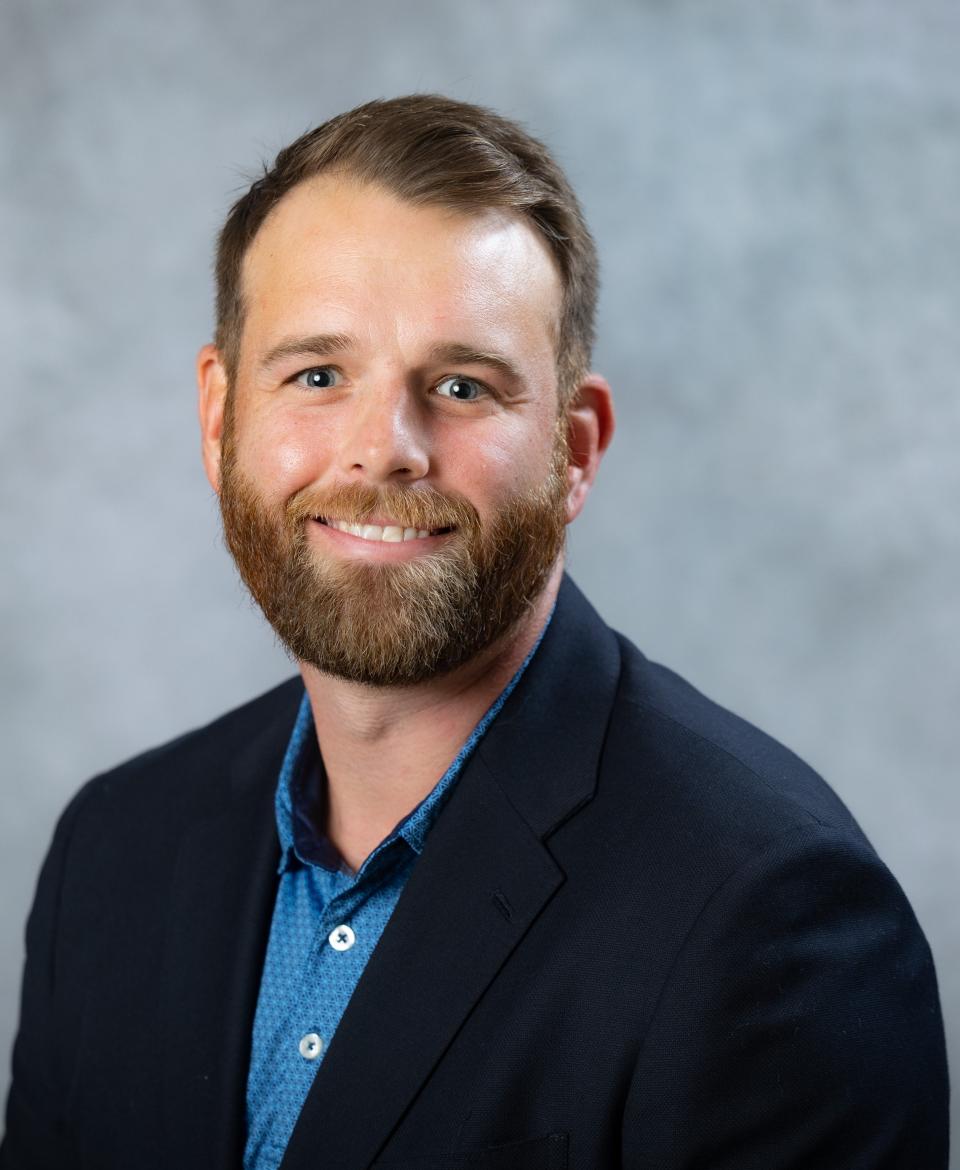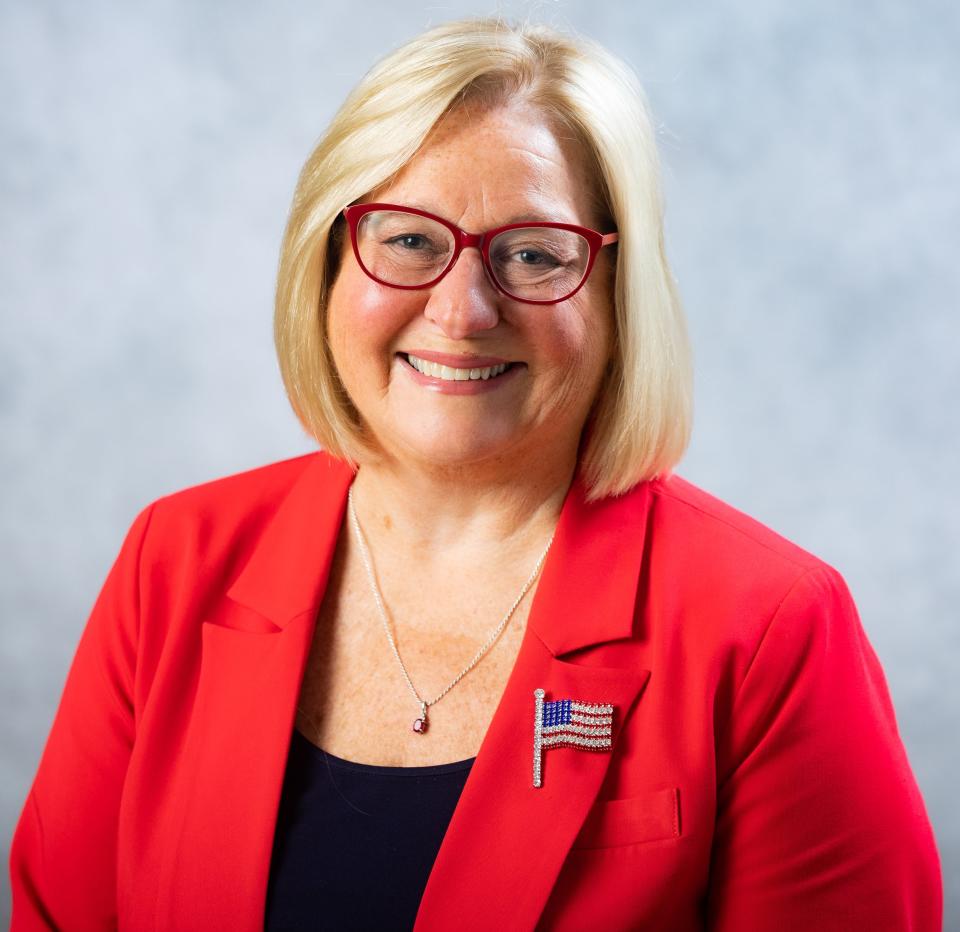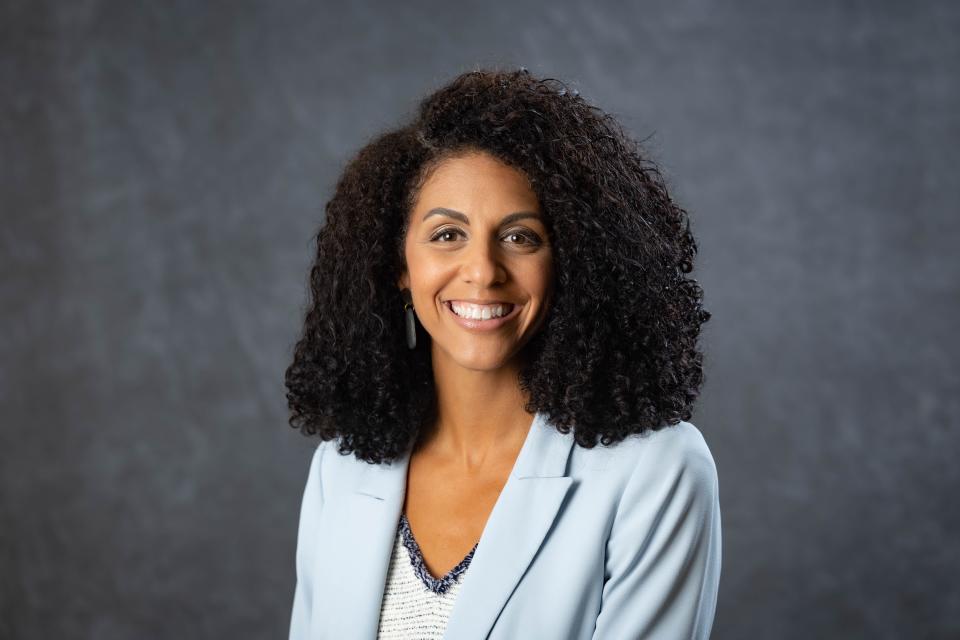Student discipline is a problem in SPS. What MO's largest district is doing to fix it
Springfield teachers and principals logged 17,759 student discipline incidents during the 2022-23 year, an increase of about 30 percent — 4,154 incidents — compared to the prior year.
Each incident logged involved a student in trouble for violating rules, disrupting class or breaking the law on a school campus.
Top officials in Springfield Public Schools have acknowledged a significant uptick in these types of disruptions since the pandemic and are taking steps to fix the problem.

Superintendent Grenita Lathan outlined a 15-step plan to address student discipline at a May school board retreat and recently returned to the board with an initial update.
More than half the steps have been taken or are in progress.
The early changes include creating a clear set of expectations about what type of behavior is expected at school and what will happen when students step out of line.
Training around the changes was offered in different intervals from May to August so that school leaders, teachers, support staff and even substitutes are on the same page.
A program called Positive Behavioral Interventions and Supports, or PBIS, was expanded and implemented from kindergarten through 12th grade this fall. Among other things, it provides a set of strategies for how to maintain a positive school culture, address issues and support students when issues come up.
This year, the district is expanding alternative programs and classrooms where students who are disruptive can get extra support and hopefully refocus so they're able to rejoin their peers.
The plan calls for improving the consistency of how discipline is handled, better communication to families who are involved, and constant tracking of statistics so the district can revamp training, target resources and put in place the interventions that are needed.
Discipline issues a frequent topic of discussion, concerns
Discipline has been a frequent topic for Springfield district leaders, school board members, parents, and teachers — and that intensified during the past school year.
Improving student behavior was part of the five-year strategic plan finalized in late 2022, a board retreat in May and a report from school leadership at the Aug. 22 board meeting.
"We all recognize that discipline is an issue," said board member Maryam Mohammadkhani in a meeting earlier this year.
The issue has repeatedly been brought up at the board table and in public comments at board meetings. There has been a call from board members, especially Kelly Byrne, to make it a top priority.

Byrne, who worked as a substitute in the district before he was elected, said concerns about discipline surfaced as an issue among parents and that was reinforced by the survey connected to the strategic plan.
"That survey was certainly very telling. It is really hard to get everyone to agree on things in anything but in public education for sure. That seemed to be something where everyone agreed this is an issue," he said. "I don't know that we have 100% agreement on where we go from here and how to fix it but getting the ship moved in the right direction by addressing it and making some changes — as Dr. Lathan has done — is certainly the right start."
Byrne said the plan will be monitored closely and he hopes student behavior improves because "it is getting in the way of success right now."
Board member Judy Brunner, a retired Springfield principal and administrator, said this spring that substantial and lasting change in student behavior takes time.

"These are children and their behavior oftentimes have become habits, many of them poor habits," Brunner said at the retreat. "Their response to authority is oftentimes not acceptable in polite company. It's going to take awhile."
Nicole Holt, deputy superintendent of academics, said students today are "less prepared" to behave appropriately in the school setting.
She said feedback gathered during the creation of the strategic plan a year ago showed across-the-board concern about discipline issues and "disruptive behavior" among students.
"When you hearing from different places that this is a concern — from your teachers, from your parents, from your community, from your leaders — then you say 'OK, let's look at our approach and ... what we need to change," Holt said.
Holt said addressing the issue is critical because it has wide-ranging impact on the system, from school safety and the ability to recruit and retain teachers to students' academic achievement.

For an individual student, an incident can result in a trip to the principal's office or a suspension — during which time they are missing out on learning — but the outburst is also distracting for his or her classmates and teacher.
A report obtained by the News-Leader showed out-of-school suspensions were more frequent last year, as well. Students were removed 4,465 times during the 2022-24 year, up from 3,797 times the prior year.
Of the suspensions last year, 252 were serious enough to last for 10 or more days.
"If kids aren't in classrooms, they aren't learning. We want suspensions to decrease but, more than that, we want to figure out what is causing the student to not engage in the classroom," Holt said.
She said the district is approaching the discipline issues from multiple angles, from training staff and sending home a printed copy of the student handbook to implementing PBIS so there is a clear set of expectations about how the students should behave in class, on the bus, and during school events.
"It's a process, it takes time and we're all in on it," Holt said.
More: Why 20 Missouri districts will use alternative tests to measure student achievement
Out-of-school suspensions
The News-Leader requested the number of out-of-school suspensions for the past two years and a breakdown of the number, by school, for grades 6-12.
Here are the numbers for the 2022-23 year and how they compared to the prior year:
Entire district − 4,465, up 668
Westport Middle − 328, up 55
Reed Academy − 252, down 49
Carver Middle − 234, up 36
Hillcrest High − 221, up 28
Parkview High − 185, up 44
Pipkin Middle − 181, down 31
Central High − 143, down 25
Jarrett Middle − 138, down 52
Hickory Hills Middle − 113, down 4
Pershing Middle − 111, up 19
Pleasant View Middle − 111, down 11
Glendale High − 102, down 11
Kickapoo High − 97, up 12
Cherokee Middle − 78, up 16
Wilson's Creek Intermediate − 7, no change
Discipline plan for 2023-24 year
Superintendent Grenita Lathan outlined a 15-step plan to improve student behavior and discipline during a school board retreat in May. Here are those steps:
Establish benchmarks regarding student discipline to be monitored by all schools;
Provide one hour of training about discipline expectations and plans for upcoming year during the all-staff meetings. This was done in May;
Train all teachers and school leaders on the Positive Behavioral Interventions and Supports or PBIS framework during trainings. This was done between May and August;
Create a guide outlining a consistent sequence of discipline. This was done over the summer by the leadership teams;
Train principals and assistant principals on how to enter discipline incidents into the eSchool system including using a common language and practice. This was done over the summer;
Provide each student a printed copy of the SPS Student Handbook and Code of Conduct. This was done at the start of the school year;
Establish a "focus room" staffed with a behavior interventionist at each K-8 and middle school. This is separate from an in-school-suspension or ISS room;
Establish a "focus room" staffed with a paraprofessional at each elementary school. Schools were required to submit a plan for when students are sent to a "focus room" and how long they stay;
Review monthly the five elements of discipline data — location, time, day of week, who and type of incident − to determine next steps and interventions needed by site. This review is conducted each month by the school leaders and PBIS teams;
Conduct school behavior and safety audits of all schools. The administration will look at procedures, building and classroom routines, transitions, reinforcement systems, and overall climate and culture. The data will be used to develop staff training;
Require a re-entry meeting for all students who receive out-of-school suspension. This will occur before they are allowed to return to campus;
Mandate training on behavior, classroom management and discipline practices for substitutes;
Allocate resources to help schools engage in ongoing PBIS planning and implementation;
Explore alternative placement for elementary and middle school students with behavior-related disabilities or significant behavioral challenges.
Claudette Riley covers education for the News-Leader. Email tips and story ideas to criley@news-leader.com.
This article originally appeared on Springfield News-Leader: How SPS plans to fix its problem with student discipline, behavior

